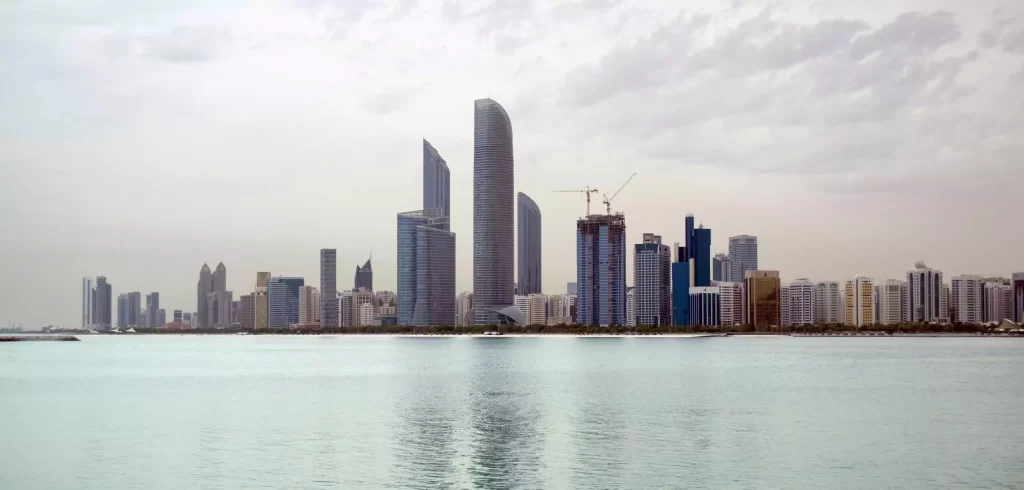What is ESR in UAE? Why is it important?
ESR was introduced to honour the commitment of becoming an active partner of the Organisation for Economic Cooperation and Development [OECD] framework. It was issued as a counterpart for the EU Code of conduct group assessing UAE’s taxation framework regarding business taxation.
Importance of Economic Substance Regulations Introduced in the UAE
The regulations are created to ensure that all Emirati entities become cash flow positive[show actual profits] by their business conducted within the UAE.
Hence, the ESR was introduced on 30th April 2019. The compliance mandates all the onshore, free zone companies engaging in certain business activities to show their adequate economic presence in the United Arab Emirates.
Here are the activities that come under these regulations:
- Lease/Finance
- Banking
- Insurance
- Investment fund managers
- Business Headquarters
- Shipping
- Holding company
- Intellectual Property Business
- Customer service centre businesses
Regulation authorities under ESR:
- Ministry of Economy
- Central Bank
- Insurance Authority
- Security & commodity authorities
All Freezone authorities:
- Abu Dhabi
- Dubai
- Sharjah
- Ajman
- Ras Al-Khaimah
- Umm Al-Quwain
- Fujairah
Advantages of ESR for businesses running in the UAE
ESR enables the businesses to show actual reports to the authorities, where each company has to provide annual or bi-annual reports for all the businesses conducted by the company.
A business has to prepare a notification for showing its performance by conducting the relevant business activities. The half-yearly report has to be sent before 30th June, whereas the annual report has to be sent before 31st December.
The implementation of ESR in the UAE will help businesses to reduce business malpractices. It will create a better growth environment for the businesses to grow further while working the right way. This will also boost the competitiveness in the market, make businesses more customer-oriented to gain success & become more profitable in the future.
What do the regulatory authorities do under ESR:
- Check all licenses
- Validate all information provided by the licensees
- Review and monitor compliance of the Notification & economic substance report as per the regulations.
- Check if the business entities meet the requirements of the exemption.
- Check and share the information with the UAE federal tax authority and the ministry of finance in the UAE.
To gain complete knowledge you have to understand the legal terminologies of a licensee, authorities, exceptions and penalties.
Who is a licensee?
A licensee can be a judicial person or unregistered partnership in the UAE with the following status:
- LLC [ limited liability company]
- Ltd [ private Shareholding company]
- Public Company
- Joint Venture
- A Formal partnership.
Note: In UAE, a sole proprietor, Trust or foundation cannot be considered a licensee under the regulations.
Who is the Assessing authority as per the regulations?
The Federal Tax authority is the main assessing authority that decides whether a specific licensee can gain economic substance in the UAE or not.
Yes, there are exceptions from the Economic Substance Report:
- A tax-paying resident living outside the UAE
- Investment fund and all its different investment holding entities.
- A resident owner business that is not a part of a multinational group and conducts business in the UAE.
- A foreign business is liable to pay tax from its income earned outside UAE.
In case a Licensee wants to file for an exemption should provide the proof along with a notification claim under any exemption.
Key pointers about filing the Substance regulations:
- All businesses must submit the following documents to the regulatory authority:
- Filled annual notification form
- The ESR within 1 year after the end of a financial year.
- A business is not required to provide any ESR if there is no income from the business or it comes under the exemption. But, the business must submit the notification form.
Consequences of Non-compliance with the regulations:
If any business does not provide the notification or does not meet any criteria, then the business is subject to face the consequences of non-compliance with regulations.
- Heavy financial penalties
- Reporting of the default status with a foreign authority, if the business has operations overseas.
- Multiple sanctions by the administration including suspension, non-renewal or ban on trade licence & other permits issued by the entity.
Summing up
Implementation and compliance of ESR for business in the UAE is essential.Therefore, if you are a business owner then make sure that you provide accurate information in your notification work to avoid any penalties in the future.AMAJ can assist you in ESR Compliance.


